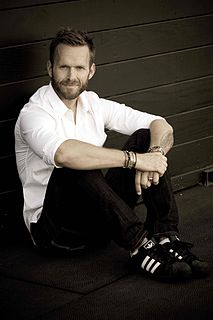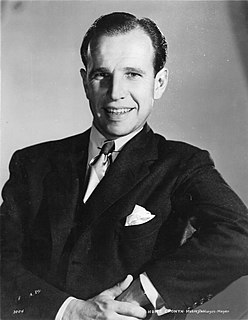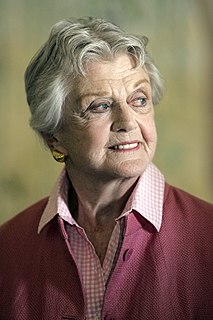A Quote by Erik Larson
The writer marks the changes he wants to make, while a proofreader also goes through the galley, checking it page-by-page against the manuscript. Once all these changes are identified, a second-pass proof is made, and this, too, gets sent to the author and the proofreader, and the process begins anew.
Related Quotes
It's funny because you know the novel process: you get the drafts, you get the galley, and then you get the galley proofs. You have opportunities to change things all along. But the further along in the process you go, the more careful you have to be in making those changes, and the smaller the changes have to be.
Yes, the fear of its blankness. At the same time, I kind of loved it. Mallarmé was trying to make the page a blank page. But if you're going to make the page a blank page, it's not just the absence of something, it has to become something else. It has to be material, it has to be this thing. I wanted to turn a page into a thing.

































